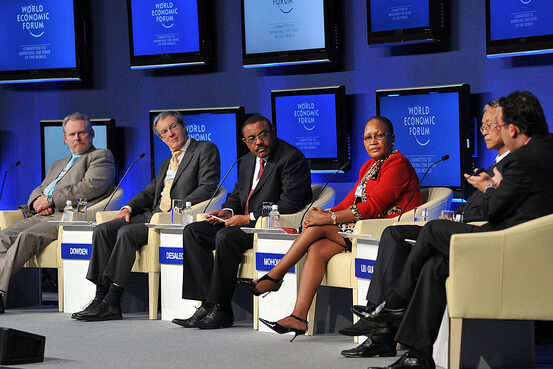Category: Economics
All topics
-

Is China shaping the Internet in Africa?
Concerns have been expressed about the detrimental role China may play in African media sectors,…
-

Staying free in a world of persuasive technologies
Broadly speaking, most of the online services we think we’re using for “free”—that is, the…
-

Personal data protection vs the digital economy? OII policy forum considers our digital footprints
The fact that data collection is now so routine and so extensive should make us…
